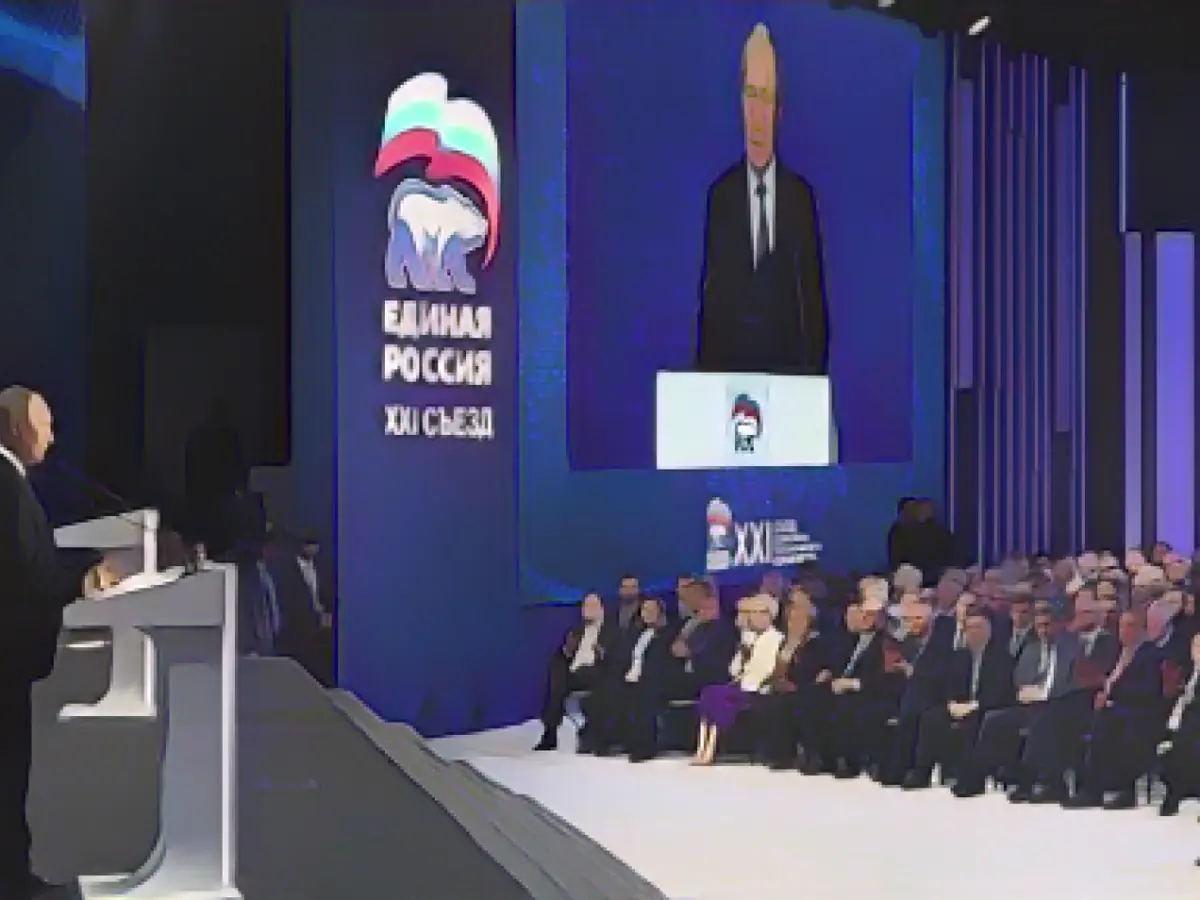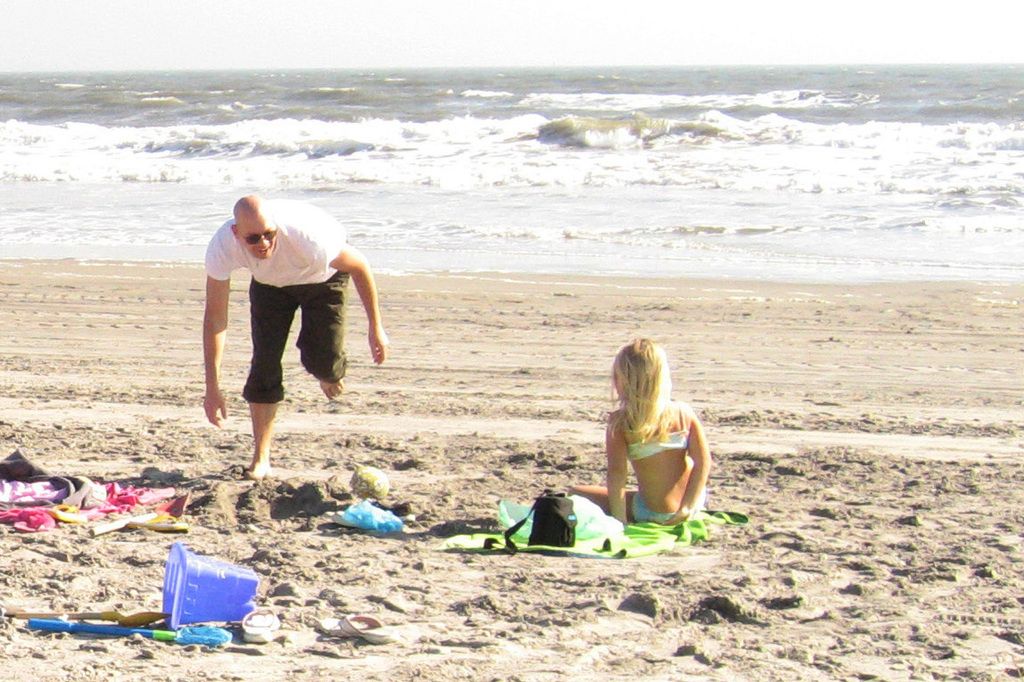Party Congress: Putin's Sovereignty Standoff
Get ready for some straight-talk from Russia's president, Vladimir Putin, as he recently graced the United Russia party congress with his presence. His main topic of discussion? Russia's unwavering sovereignty. "Russia isn't about to give up its sovereignty for a slice of sausage and become someone's satellite," Putin declared, addressing neighboring Ukraine, which is slowly tiptoeing towards EU membership and relies on Western military assistance to ward off Russia in their ongoing conflict.
The Kremlin leader didn't mince words, clarifying that "Russia will continue to exist as a sovereign state, or Russia will cease to exist." Putin starkly warned against the success of Western "flower revolution" attempts, referring to the alleged Western strategy to destabilize Russia, even as aggression from the West rises year by year. "They thought and believe that they could provoke internal unrest in our country," Putin openly stated.
This bold speech served as the opening salvo in Putin's upcoming presidential campaign in 2024, after successfully amending the Russian constitution to prolong his tenure.
Now, let's dive a little deeper into Putin's defense of Russia's sovereignty.
The Heart of Putin's Stance
Using the Ukrainian conflict as a backdrop, Putin made a strong case for preserving Russia's sovereignty regardless of the cost. By standing firm against any attempts to compromise Russia's sovereignty for strategic or economic reasons, Putin demonstrates his unwavering commitment to Russian interests.
This stance has fostered a narrative of Russian exceptionalism, emphasizing the need to protect its interests even if it means military action.
The Implications for Peace Negotiations
Putin's stance on Russia's sovereignty poses a significant challenge to peace negotiations. He has consistently made it clear that any deal must include the recognition of Russia's control over parts of Ukrainian territory and exclude Ukraine's entry into NATO. This leaves little room for compromise, keeping the conflict alive and prolonging the suffering.
Putin and the United Russia Party
As the head of state and leader of the United Russia party, Putin's commitment to Russia's sovereignty is a reflection of the party's ideology. The United Russia party represents a conservative, pro-Russian nationalist ideology, which values strong executive leadership and the preservation of Russian national interests.
Challenges Ahead
Putin's bold speech marks the beginning of a new chapter in Russian geopolitics. As we move forward, we can anticipate a continued focus on defending Russia's sovereignty, even if it means navigating complex challenges and potential conflict.
References
- "Russia and Ukraine: Putin's Endgame." .
- "Russia Wildcards." .
- "Russian Foreign Policy: Understanding Putin's Approach." .
- "The Forgotten Conflict: Understanding the Russian-Ukrainian War." .








